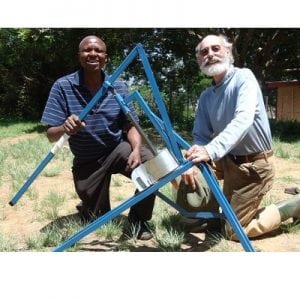
Agriculture
February 1, 2024
Iketsetse Single Stroke Maize Sheller
Read SolutionImplemented by
Elliot Litsebe Tsiame
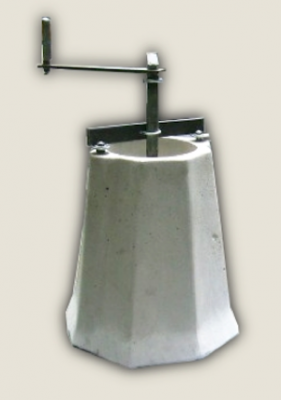
Updated on September 11, 2024
·Created on June 3, 2014
The Universal Nut Sheller uses a hand crank to remove the shell from peanuts and other nuts.
The Universal Nut Sheller is a machine made of concrete with a metal hand crank that can be used to remove the shell from peanuts and other round nuts. The sheller can remove shells faster than by hand and can be used by women farmers to increase their crop production and income. The low price point makes the sheller affordable to low-income families.
This product is no longer available, as the Full Belly Project organization dissolved in 2023.
Target SDGs
SDG 2: Zero Hunger
SDG 8: Decent Work and Economic Growth
Market Suggested Retail Price
$30.00
Target Users (Target Impact Group)
Community, NGOs
Distributors / Implementing Organizations
The Full Belly Project sells the product to co-ops in Zambia and trains the producers on how to assemble, operate, and maintain the machine.
Competitive Landscape
Direct competitors include Alvan Blanch Groundnut Sheller Model GS100.
Regions
Africa
Countries
Zambia
Manufacturing/Building Method
Mass produced by manufacturers that end-users partner with, or individually produced with the instructions/kits provided by The Full Belly Project Interview with representative
Intellectural Property Type
Open-source
User Provision Model
Details of design, construction and training along with basic materials can be purchased from The Full Belly Project. Interview with representative
Distributions to Date Status
As of 2017, 8 units were sold to families in Zambia, and 105 units were built by the Full Belly Project.
Shelling capacity (kg/hr)
50 kg/hr
Manual or motorized
Manual
Perforation sizes for nuts (mm)
Adjustable
Shelling efficiency (%)
Unknown
Materials
Cement, sand, metal hardware
Varieties shelled
Peanuts, coffee, neem, shea nuts, jatropha
Nut breakage rate (%)
5 %
Design Specifications
The Universal Nut Sheller is made using a mold made of plastic, wood, and metal bolts. The mold is assembled and a mixture of concrete and sand is poured into the mold to create an inner and outer concrete cone. A metal bracket is attached to the outer cone and the inner cone is placed inside with a metal rod. A metal crank is attached to the rod and bracket. Nuts are poured between the inner and outer cones and the crank is turned to press the nuts between the cones to split open the shell. The nuts and shells are deposited out of the bottom of the sheller. The sheller can be adjusted allow for bigger or smaller nuts. Additional machines such as a modified bike or motor can be attached to the crank for more power.
Technical Support
Customers can receive support by contacting The Full Belly Project. Interview with representative
Replacement Components
The customer is responsible for creating replacement components using the construction kit supplied by The Full Belly Project or the instructions found in online manuals. The customer can also build a relationship with a local manufacturer whom they can contact to replace components. Interview with representative
Lifecycle
The device is expected to last 20-25 years after which it should be dismantled and parts can be recycled Interview with representative
Manufacturer Specified Performance Parameters
The manufacturer specifies that the sheller can shell peanuts at a rate of 50 kg/hr and that the sheller can shell any round nut.
Vetted Performance Status
Unknown
Safety
Care must be taken to inform users of the dangers of cross-contamination between peanuts and biofuels. Since customers are capable of adapting the design, danger occurs if local materials are mixed with the concrete since it will make them weaker. Interview with representative
Complementary Technical Systems
Customers will sometime adapt the designs of the product to accommodate electric and petal power to increase production capacity. Interview with representative
The Pedal Powered Agricultural Center (PPAC) can be added onto the Universal Nut Sheller to increase the amount of peanuts that can be shelled from 50 to 90 kg/hr.
Academic Research and References
Atiku, A. A., Aviara, N. A., and Haque, M. A., 2004, Performance evaluation of a bambara ground nut sheller, Agricultural Engineering International: the CIGR Journal of Scientific Research and Development, 6, pp. 1-18.
Raghtata, A. S. and Handa, C. C., 2014, Design and fabrication of groundnut sheller machine, IJIRST, 1(7), pp. 38-45.
Compliance with regulations
Unknown
Other Information

Agriculture
February 1, 2024
Implemented by
Elliot Litsebe Tsiame

Agriculture
February 5, 2024
Implemented by
Gradian Health Systems
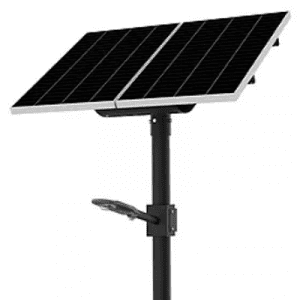
Agriculture
January 19, 2024
Implemented by
Solar Street Lights Africa
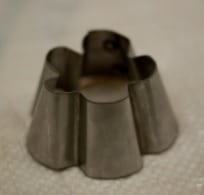
Agriculture
September 11, 2024
Implemented by
MIT D-Lab
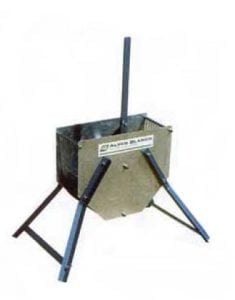
Agriculture
September 11, 2024
Implemented by
Alvan Blanch
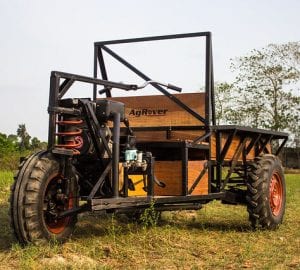
Agriculture
June 23, 2024
Implemented by
MAPS (Mobile Agricultural Power Solutions)
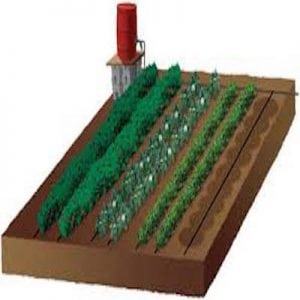
Agriculture
August 21, 2024
Implemented by
Netafim
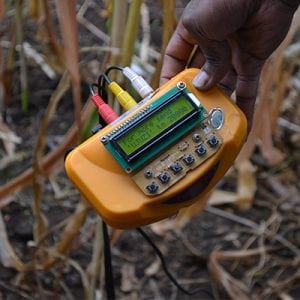
Agriculture
January 20, 2025
Implemented by
UjuziKilimo Solutions

Agriculture
June 11, 2024
Implemented by
Ignitia
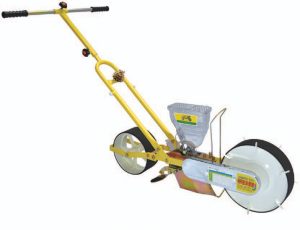
Agriculture
February 21, 2024
Implemented by
Jang Automation Co. Ltd.
Have thoughts on how we can improve?
Give Us Feedback